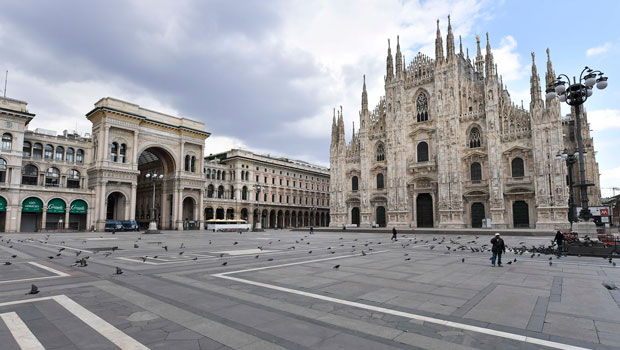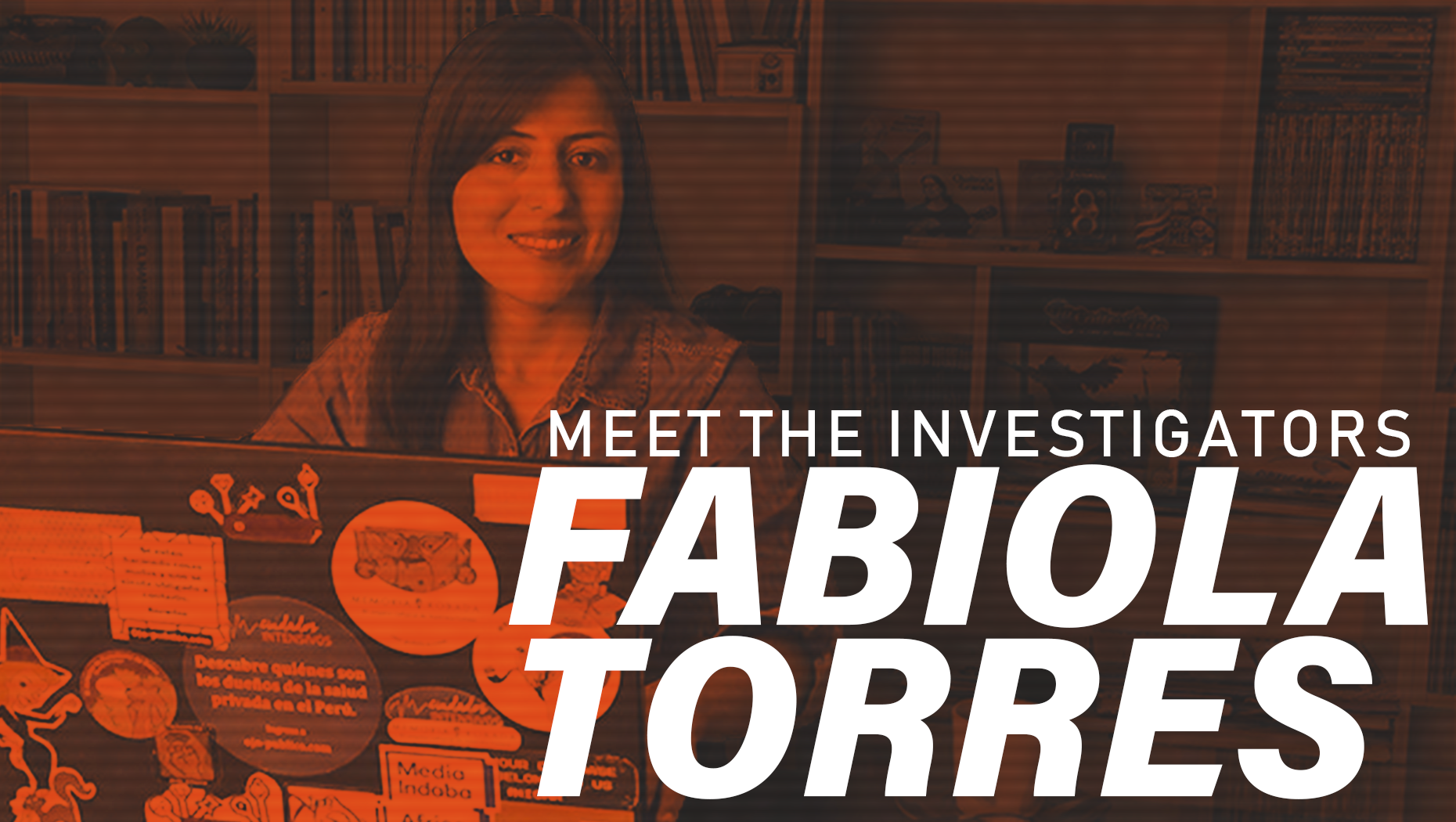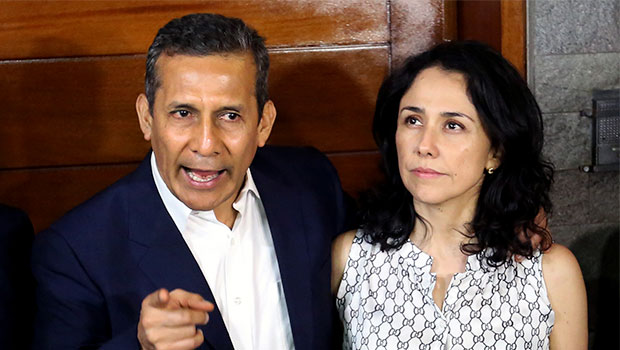It feels like light years ago when three L’Espresso reporters and I met in Milan to talk about our current investigation, and celebrate Leo Sisti’s 20th anniversary as a member of the International Consortium of Investigative Journalists.
From their newsroom in a southern neighborhood of Italy’s business hub we took the subway to the iconic Duomo cathedral. We snapped a selfie to celebrate the team’s reunion after the publication of Luanda Leaks, surrounded by dozens of tourists, street performers and busy shoppers.
Six weeks later, that square is deserted. Milan is a “ghost town,” Sisti said.
“The coronavirus is disrupting our lives,” he said. “We are fighting a totally new war, without rifles or guns.”
Italy, my home country, is facing one of the most dire public healthcare crises of the last century. About 28,000 COVID-19 cases and 2,100 deaths have been confirmed. The numbers are soaring. In the last 24 hours nearly 350 people have died from the virus.

The pandemic is taking a toll on Italy’s healthcare system and economy. The entire country is on lockdown. Only one person per family is allowed to buy food in supermarkets. Restaurants, schools and other public services are closed, along with most businesses. Many journalists work from home, unless they have a written permission to cover breaking news.
The three ICIJ partners from L’Espresso, a weekly magazine, began working from home in early March. A week later, local authorities declared a state of emergency in Lombardy, the region that includes Milan.
Lombardy now has more cases than any other part of the country.
Gloria Riva covers health and business for L’Espresso. She feels both “personally involved and powerless,” she said by phone in her home office on March 16. “You think, ‘If only I could do something I would!’”

In the last few weeks, Riva and her colleagues have written about decade-long healthcare cuts that have crippled the Italian system, nurses’ dire labor conditions and the pandemic’s impact on part-time workers and businesses.
Riva receives about six phone calls a day from doctors and other medical workers, she said. They are exhausted and overworked and are at high risk of contagion. “While coughing, they tell you about the situation in the hospitals, and about how, for instance, some patients have to lay on the floor because there’s no bed available… at the end of the day you feel exhausted too,” Riva said.
Like many other Italians, at the beginning Riva would call friends as much as possible to cope with the long, lonely hours spent at home. But a phone call cannot replace in-person relationships and meetings, she said.
Writing is proving cathartic. “Just as [doctors and nurses] tell me their stories, reporting them helps me alleviate tension,” she said.
One sign of hope: Codogno, the small town where officials say the Italian outbreak began, has reported fewer new cases recently, possibly thanks to a town-wide quarantine, experts say.
“It feels like living in a catastrophic movie,” said Paolo Biondani, a veteran L’Espresso investigative reporter.
Biondani said the isolation is hurting his reporting.
“For the kind of journalism I do, this coronavirus is a disaster,” he said. “I am used to getting confidential information and secret documents from investigators, prosecutors, lawyers, judges and other sources who need to remain anonymous and never speak by phone or email. Without having the possibility to organize in-person meetings, I feel very stupid and useless.”
A corner of his home in Lazise, a little town by Lake Garda, has now become his office. “It’s very strange to stay at home the whole day with an old grandmother, loud sons, four cats, two dogs and my wife,” he said. “My goal is to avoid coronavirus and divorce.”

Keys to survival, he says, are a computer, a cell phone, a personal desk (the old kitchen table), alcohol to clean any surface, hand sanitizer, a two-meter safety line for grandma, his garden, and Chiaretto wine, which he says is good therapy for those moments of depression after sunset.
Sisti too is holing up at home, following what he calls “the mantra of ‘keep calm and carry on.’”
As a senior investigative reporter, he doesn’t cover breaking news so he decided to use the quarantine to work on long-term investigations, calling sources on the phone and waiting until it’s time to meet in person again.

Yet, life isn’t as it was before, he said.
“Sometimes I feel obsessed by advice on coronavirus given day and night on TV, or opinions of experts interviewed by newspapers and other media around the clock, often different from one another.”
Joking about Italians’ know-it-all attitude, he said that in the last two weeks, all 60 million Italians have become virologists.
In his town, some openly show gratitude to those on the frontlines, Sisti said.
“Milanese citizens, at noon, open the windows and clap their heroes: doctors and paramedics who work almost 12 to14 hours a day to save patients, sometimes sacrificing their lives.”
Many Italians have also discovered their singing voices. Social media channels are now full of videos showing Italians, singing and playing music from their balconies and terraces, even famous opera singers.
“Yesterday a neighbor on my street turned the volume on and played ‘Ma il cielo è sempre più blu,’ by Rino Gaetano. Everybody sang at the top of their lungs,” Sisti said. He joined the chorus, too.
Their advice for investigative reporters in countries facing the contagion:
- Protect yourself: practice social distancing, buy masks, hand sanitizers and gloves, stay at home if you can.
- Build a network of trusted and independent sources (doctors, scientists, nurses etc.) that can help you understand what’s going on and report the story in depth.
- See trends ahead of you: Daily news will report on the number of cases and what the authorities say. But you need those trusted sources to understand what will happen two or three weeks ahead, and cover stories that could make an impact on your country’s decision makers, and people’s lives.



